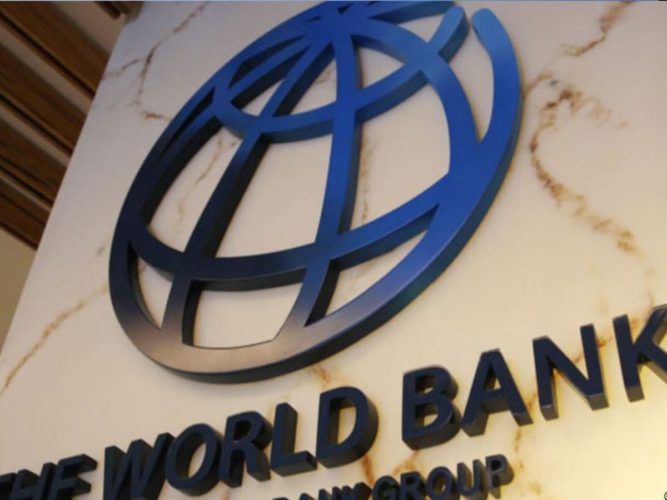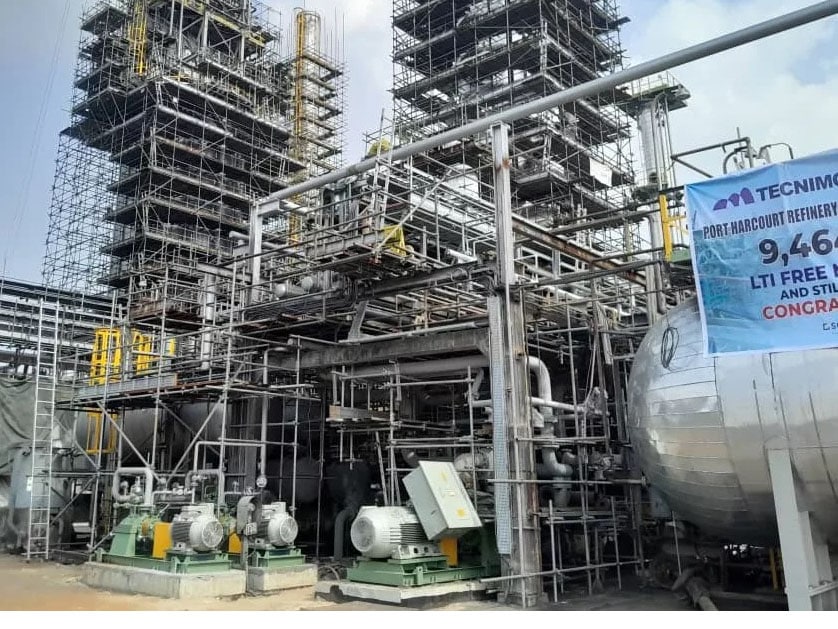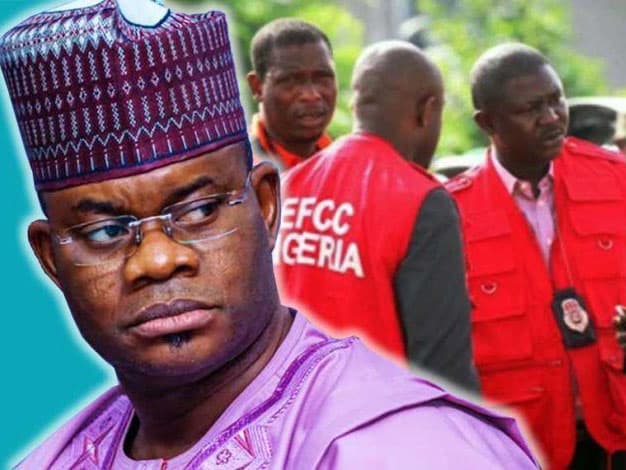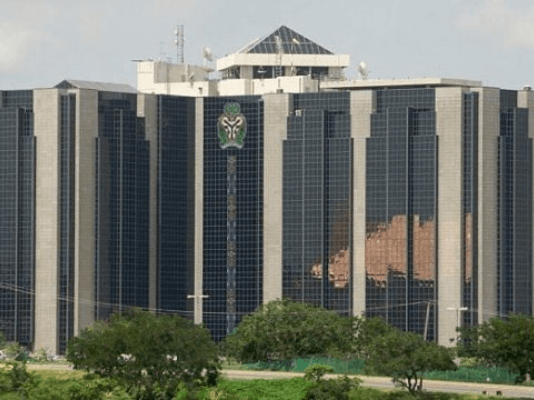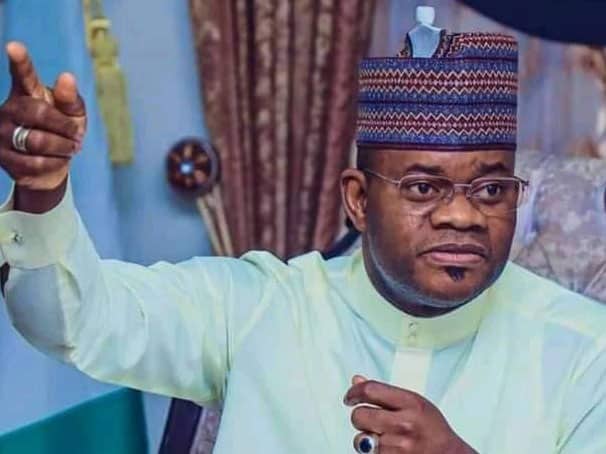The World Bank has stated that inflationary pressure in Nigeria has pushed about seven million Nigerians below the poverty line in 2020 alone.
The World Bank gave the data in its latest Nigeria Development Update (NDU), released on Tuesday, a few days after President Muhammadu Buhari in his Democracy Day broadcast claimed on Saturday that his administration had lifted 10.5 million Nigerians out of poverty in the past two years.
The bank’s Country Director for Nigeria, Mr. Shubham Chaudhuri, said lack of economic opportunities was contributing to the rising crime cases and insecurity in Nigeria.
The multilateral institution also reiterated the need for the federal government to set policy foundations for a strong recovery as well as to tame inflation.
The report was released on a day the National Bureau of Statistics (NBS) announced that Nigeria’s Consumer Price Index (CPI), which measures inflation dropped to 17.93 per cent (year-on-year) in May compared to 18.12 per cent in the preceding month.
Besides, the World Bank also attributed the deteriorating security situation in Nigeria and rising criminality to a lack of economic opportunities in the country.
The NDU, titled: “Resilience through Reforms,” stated that in 2020, the Nigerian economy experienced a shallower contraction of 1.8 per cent than had been projected at the beginning of the pandemic (3.2 per cent).
It said: “Although the economy started to grow again, prices are increasing rapidly, severely impacting Nigerian households. As of April 2021, the inflation rate was the highest in four years. Food prices accounted for over 60 per cent of the total increase in inflation. Rising prices have pushed an estimated seven million Nigerians below the poverty line in 2020 alone.”
The report acknowledged notable government’s policy reforms aimed at mitigating the impact of the crisis and supporting the recovery, including steps taken towards reducing gasoline subsidies and adjusting electricity tariffs towards more cost-reflective levels, both aimed at expanding the fiscal space for pro-poor spending.




